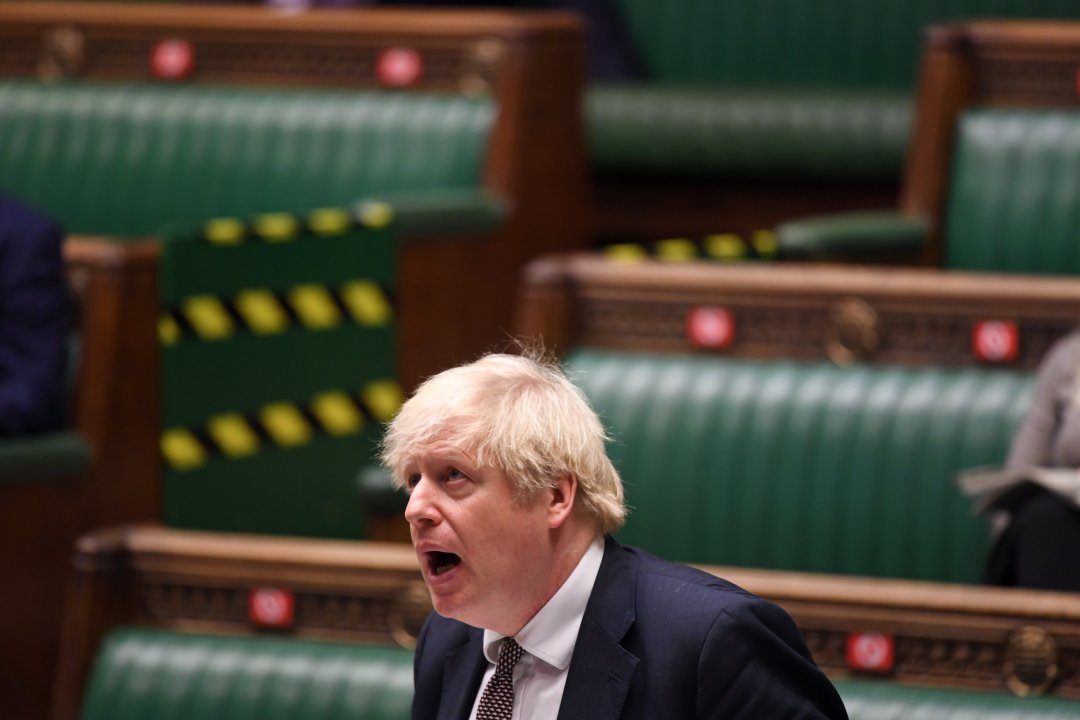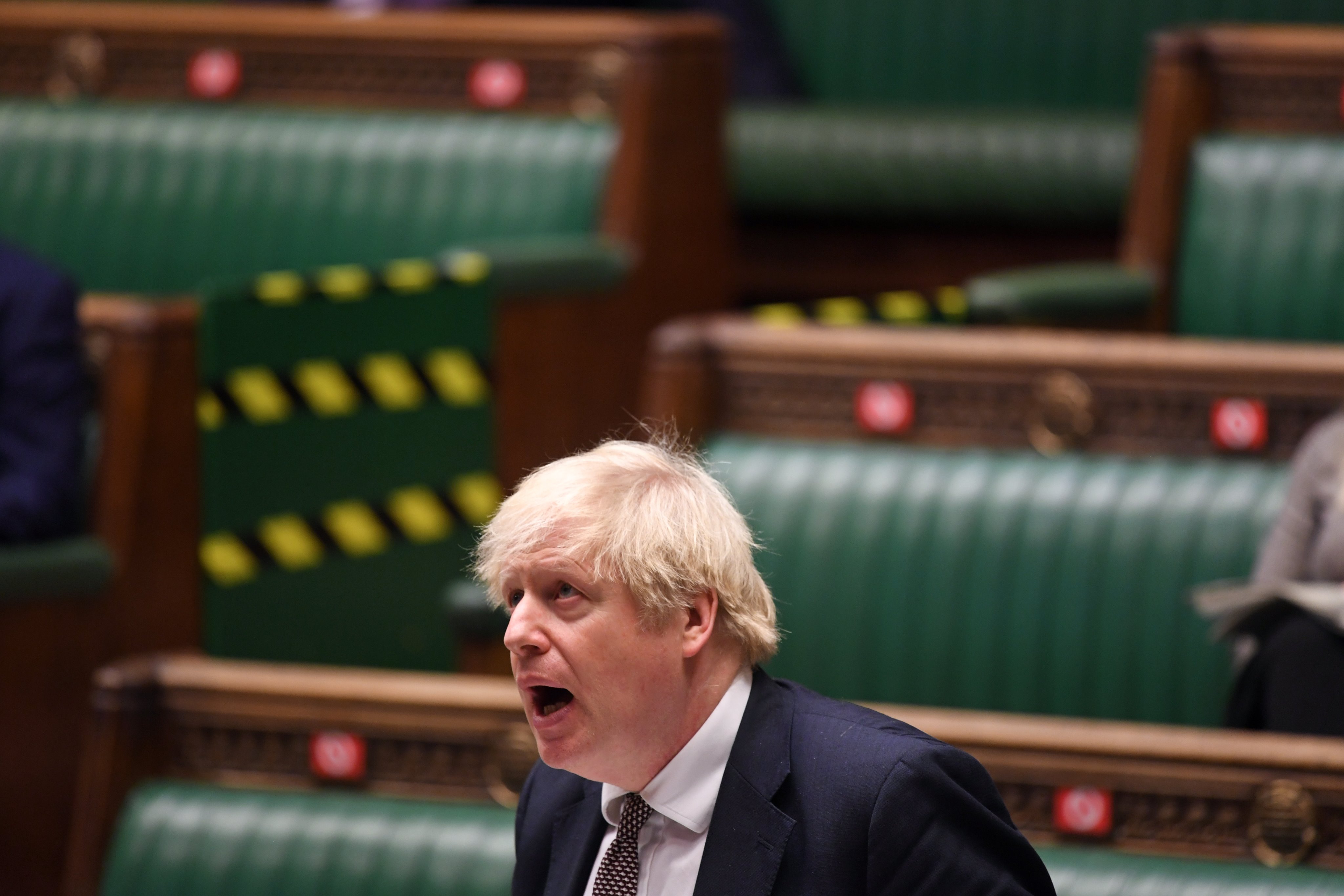Boris Johnson has previously enjoyed Liaison Committee hearings rather too much, trying to get through the long session with select committee chairs using humour and optimism. Both were in rather short supply on Wednesday, as you might expect given the UK’s current predicament in the pandemic. The Prime Minister covered a lot of ground, and not just when it came to coronavirus.
On the pandemic, he warned that the ‘risk is very substantial’ that hospital intensive care capacity is ‘overtopped’. He also said that the government did not know whether the vaccines stop transmission of the virus as well as reduce the severity for each person, or indeed whether the South African and Brazilian variants of the virus were vaccine resistant. He was even less clear on what the government was doing in order to stop the spread of the Brazilian variant in the UK, growing audibly irritated with Home Affairs Committee chair Yvette Cooper when she probed him on whether there would be a ban on arrivals from Brazil. He merely said ministers were ‘taking steps to stop the Brazil variant being imported into this country, as we’ve taken steps to stop the South African variant being impaired into this country’.
The Prime Minister also agreed with Health Select Committee chair Jeremy Hunt that social care should have a ‘long term’ plan along the lines of the ten year plan that the NHS has, and claimed that reform would be announced ‘later this year’ (though anyone who has paid even a flicker of attention to social care reform over the past decade will recognise the emptiness of those familiar words).
Johnson’s exchanges with Cooper were the most bad-tempered of the session. But a more dramatic section came when he clashed with the SNP’s Pete Wishart over whether there should be a second Scottish independence referendum. It was a jarring section in the committee hearing as Wishart, who is chair of the Scottish Affairs Committee, did not really apply very much scrutiny as that word is generally understood. Instead, he used his slot to make political campaign statements, arguing that Johnson was not listening to the democratic will of the Scottish people who want another referendum.
Both men then moved onto well-rehearsed battle lines, with Johnson reminding Wishart that both Nicola Sturgeon and Alex Salmond had argued the 2014 referendum was a ‘once in a generation’ vote, and Wishart claiming that there was no legal text which made that commitment. Johnson also — quite reasonably — argued that most Scots wanted to focus on getting through the pandemic and that another referendum was not a priority. But Wishart — also fairly accurately — predicted that another referendum was coming.
When the SNP’s massive new cohort of MPs arrived in Westminster in 2015, they defied the expectations of many by being a constructive and hardworking group. Their then-leader Angus Robertson frequently argued they were the ‘real opposition’ while Jeremy Corbyn’s Labour party focused its attention inwards. A lot has changed since then. The SNP has gone from being quite a constructive opposition at Westminster on a range of issues to being a campaigning arm of the Holyrood party. The problem for Johnson is that this appears to be working.








Comments